GTR-CM101-100μg / 询价
GTR-CM101-500μg / 询价
GTR-CM101-500μgx2 / 询价
Cynomolgus GITR/TNFRSF18 Protein
Recombinant Cynomolgus GITR/TNFRSF18 Protein is expressed from HEK293 with His tag at the C-Terminus.It contains Gln20-Pro156 [Accession | XP_005545180.2].
The protein has a predicted MW of 15.87 kDa. Due to glycosylation, the protein migrates to 25-30 kDa based on Bis-Tris PAGE result.
> 95% as determined by Bis-Tris PAGE
Less than 1EU per μg by the LAL method.
Lyophilized from 0.22μm filtered solution in PBS (pH 7.4). Normally 8% trehalose is added as protectant before lyophilization.
Centrifuge the tube before opening. Reconstituting to a concentration more than 100 μg/ml is recommended. Dissolve the lyophilized protein in distilled water.
-20 to -80°C for 12 months as supplied from date of receipt.
-80°C for 3 months after reconstitution.
Recommend to aliquot the protein into smaller quantities for optimal storage. Please minimize freeze-thaw cycles.
GITR (glucocorticoid-induced tumor necrosis factor receptor), also known as AITR and TNFRSF18, is a 40 kDa transmembrane glycoprotein that functions in immune regulation.GIRT is a receptor for TNFSF18. Seems to be involved in interactions between activated T-lymphocytes and endothelial cells and in the regulation of T-cell receptor-mediated cell death. Mediated NF-kappa-B activation via the TRAF2/NIK pathway.
CD357; GITR; GITR-D; TNFRSF18; AITR
(1)Knee D A , Hewes B , Brogdon J L. Rationale for anti-GITR cancer immunotherapy[J]. European Journal of Cancer, 2016, 67:1-10.









